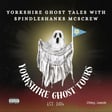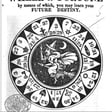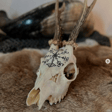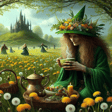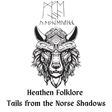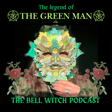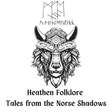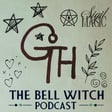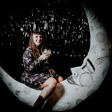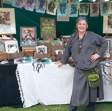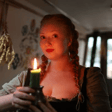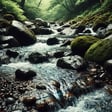
Digging into the Origins of Folklore
Episode 28
Welcome to The Bell Witch Podcast. Witching in the 21st Century.
Another amazing Moot Loot for you, from @Folkwitch_ Amy. Amy is an author, witch, archaeologist and lover of folklore. She uses her knowledge and experience of history to guide her magical practice. Amy has a flair for aesthetically pleasing witchcraft photography as seen on her Instagram which is simply beautiful. follow her at Amy 🜃 (@folkwitch_) • Instagram photos and videos
Not much of an intro from FGW still sounding like a frog. Please send this witch healing for a speedy recovery from this relentless cough and cold doing its spring rounds!
Special thanks to The Wicked Wonderings Podcast who supplied their trailer for this episode, Check them out at https://open.spotify.com/show/2rdWecOyytxD5Qz0YoSq5W?si=0337214098f54785
Feel free to send me your spooky/pagan/witchy trailer and I will play it on TBWP. Lets support each other and share your magic!
*EVERY TIME YOU RATE A SHOW A PODCASTER DOES A LITTLE DANCE*
Fancy being a guest or suggest a topic? Email Swailes on thebellwitchpodcast@yahoo.com
Produced with love and magic by Swailes the Friendly Green Witch friendlygreenwitch | Twitter, Instagram, Facebook | Linktree
Join the NEW Patreon for bonus content and exclusive episodes The Bell Witch Podcast | Podcast | Patreon
Follow #TBWP on Instagram The Bell Witch Podcast https://www.instagram.com/the_bell_witch_podcast/
Official Photos by Beverley Thornton Beverley Thornton https://www.instagram.com/beverleythornton/
Music by Geoff Harvey of Pixabay
Made on Wavepad Master
Distributed by Zencastr.
#witch #witchcraft #moot #folklore #legends #history #magic #bristol #runes #wutchmarks
